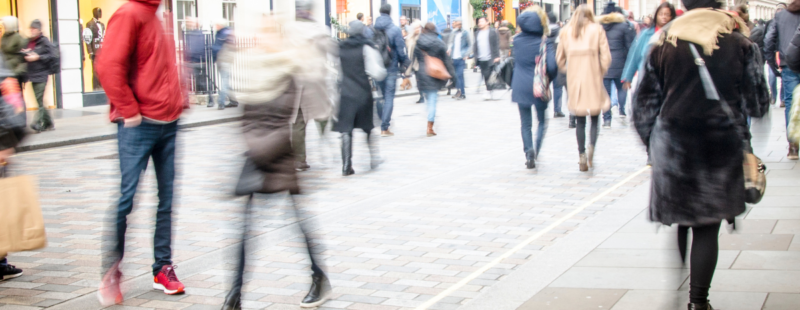Over the past few months there have been a number of reports showing that A&E across the country is in crisis, stretched to breaking point with the increasing number of patients coming through their doors. Some of these patients are non-urgent cases, mistakenly advised to dial 999. There are other patients turning up who should be receiving care in the community but are not receiving support, or getting enough advice, from out-of- hours GPs.
What we know
Research demonstrates that lonely people are more likely to visit A&E and user more medication than non-lonely individuals.
But as the recent 24 Hours in A&E documentary, broadcast by Channel 4, demonstrated, loneliness and isolation are also adding to patient numbers and increasing use of health services.
The episode follows a number of patients including the wonderfully chatty Irena, a widow originally from Poland, and 79-year old Edgar, a retired architect suffering from asthma. Neither is – or should be – blamed for attending A&E. But neither have anyone else to turn to when struck with sudden ailments or worried about their health.
Talking to camera, Edgar explains that his asthma got worse after his wife died. Grieving, with no friends, church or family to help him, he says: “If something happens to me, there wouldn’t be anyone there…I’m lost”
Des, a Registrar at the King’s College Hospital A&E department where this documentary is filmed, , patiently treats Edgar’s physical symptoms and then addresses the emotional, calling a British Red Cross volunteer who arranges for a home visit for Edgar. Des later sums up why people who are very lonely turn to acute health services:
“Unfortunately, we see an awful lot of patients who are completely alone, living a very, very isolated life. In the middle of night, if you’re not feeling well – it’s a particularly dark and lonely place to be…”
A GP’s experience
It is not just A&E that has to deal with the impact of isolation and loneliness on service use and budgets. Jonathan Tomlinson, a practising GP, campaigner and blogger, recently wrote an eloquent post titled ‘Loneliness’.
The post gives us two perspectives – a lonely and isolated patient called Joan, and the voice of her GP. The GP wonders if he is depriving patients with more pressing needs by seeing Joan so frequently: “Her appointments, almost double the average six per patient per year, feel like an indulgence.” He is frustrated by her minor ailments, and tries to not be brusque.
Joan is worried about wasting his time, recognises that she is desperately lonely but feels it is easier to talk about “being depressed” or “feeling tired” or “anything really apart from the fact that you’ve got nobody and you’re on your own.”
What we can do
Tackling loneliness to reduce demand on A&E, GP and care services is not just about saving money. It is about people receiving the best possible care, at the best time, and in the best place for them. NHS employees provide compassionate care and demonstrate great patience and empathy. But there are better ways – for both the NHS and the patients – to support those who are feeling lonely.
As Des the Registrar explains: “I find it difficult that there is an aspect of my patient’s care that I can’t sort out. Because that’s why I’m here, to sort out these issues…I’d love to make everything absolutely fantastic, but life is not like that.”
Last month, Community Care Magazine published a call-to-arms from Sherry Malik, Director of Children and Adults at Hounslow Borough Council, for GPs and social workers to work together to address loneliness “at the root of the problem”.
Rather than capping the number of GP appointments, she argues, policy makers should be encouraging GPs to work with social workers to develop social prescribing that will help isolated individuals build relationships. She also argues that this partnership can develop more creative and person-centred care that builds confidence and helps tackle loneliness by reconnecting people to their community.
This is just one of a number of solutions. 24 Hours in A&E shows another by ending with the news that Edgar has met people and made new friends through the British Red Cross services in his area. This is what he needs, alongside some low-level support to manage his asthma.





No comments on this article yet. Please feel free to submit a comment below.
By submitting a comment you grant Campaign to End Loneliness a perpetual license to reproduce your words and name/web site in attribution. Inappropriate and irrelevant comments will be removed at an admin's discretion. Your email is used for verification purposes only, it will never be shared.